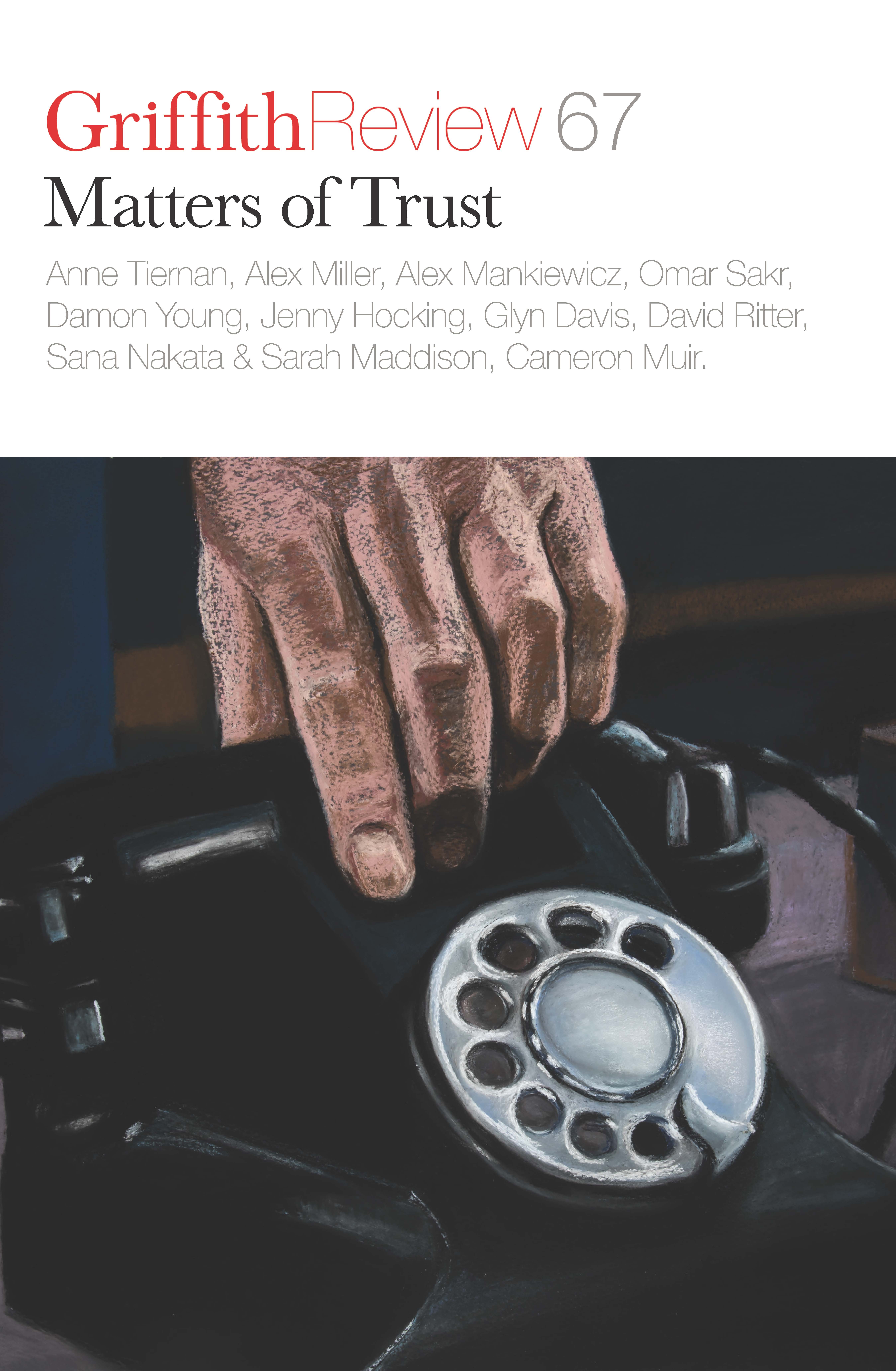Featured in

- Published 20200204
- ISBN: 9781925773804
- Extent: 264pp
- Paperback (234 x 153mm), eBook

Already a subscriber? Sign in here
If you are an educator or student wishing to access content for study purposes please contact us at griffithreview@griffith.edu.au
Share article
About the author

Ken Smith
Ken Smith is Dean and CEO of the Australia and New Zealand School of Government (ANZSOG) and was the Agent General for Queensland based in...
More from this edition

2020: The year of reckoning, not reconciliation
GR OnlineI refused to sing the Australian national anthem and honour a flag that showed the Union Jack, the symbol of another country. Searching for a sense of belonging in a system that routinely denied both my true identity and the history of my people was a constant battle of two worlds colliding. It is a perplexing experience to feel lost in your own country.

Ngumambinya
GR OnlineAs a lifetime ambassador for the Indigenous Literacy Foundation (ILF), I see firsthand the importance of reading and writing in first languages. The ILF has published over ninety books as part of their Community Literacy Projects, and many of them are in eighteen different languages from the remotest communities in Australia. These books assist some of Australia’s most disadvantaged people to become self-determining through literacy.

Mistrusting the news
GR OnlineSome of what we call ‘fake news’ today is what we used to call propaganda. When the US-born Briton and fascist politician William Joyce, known as Lord Haw-Haw, broadcast radio programs during World War II designed to mislead and demoralise the Allied opponents of Nazi Germany, he would present a mix of fake and factual information.